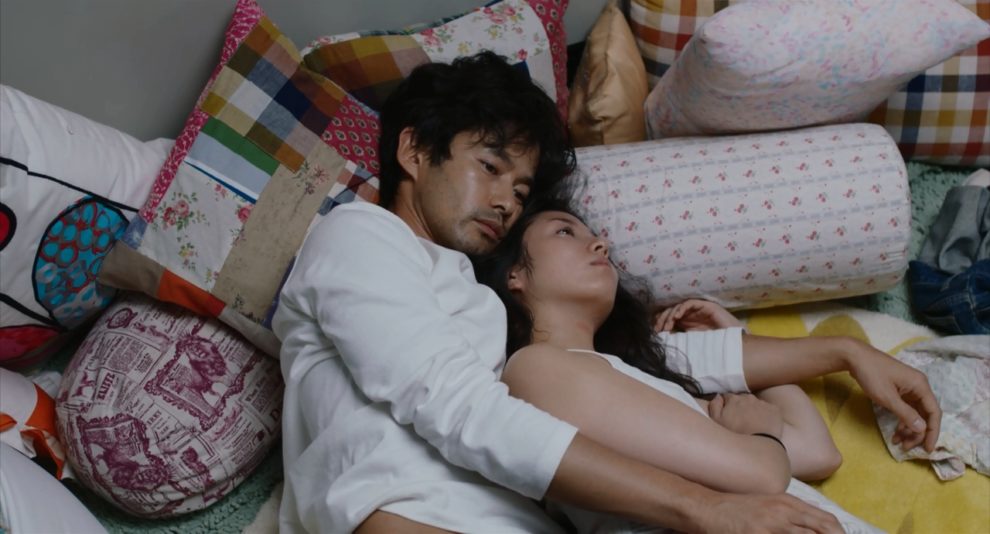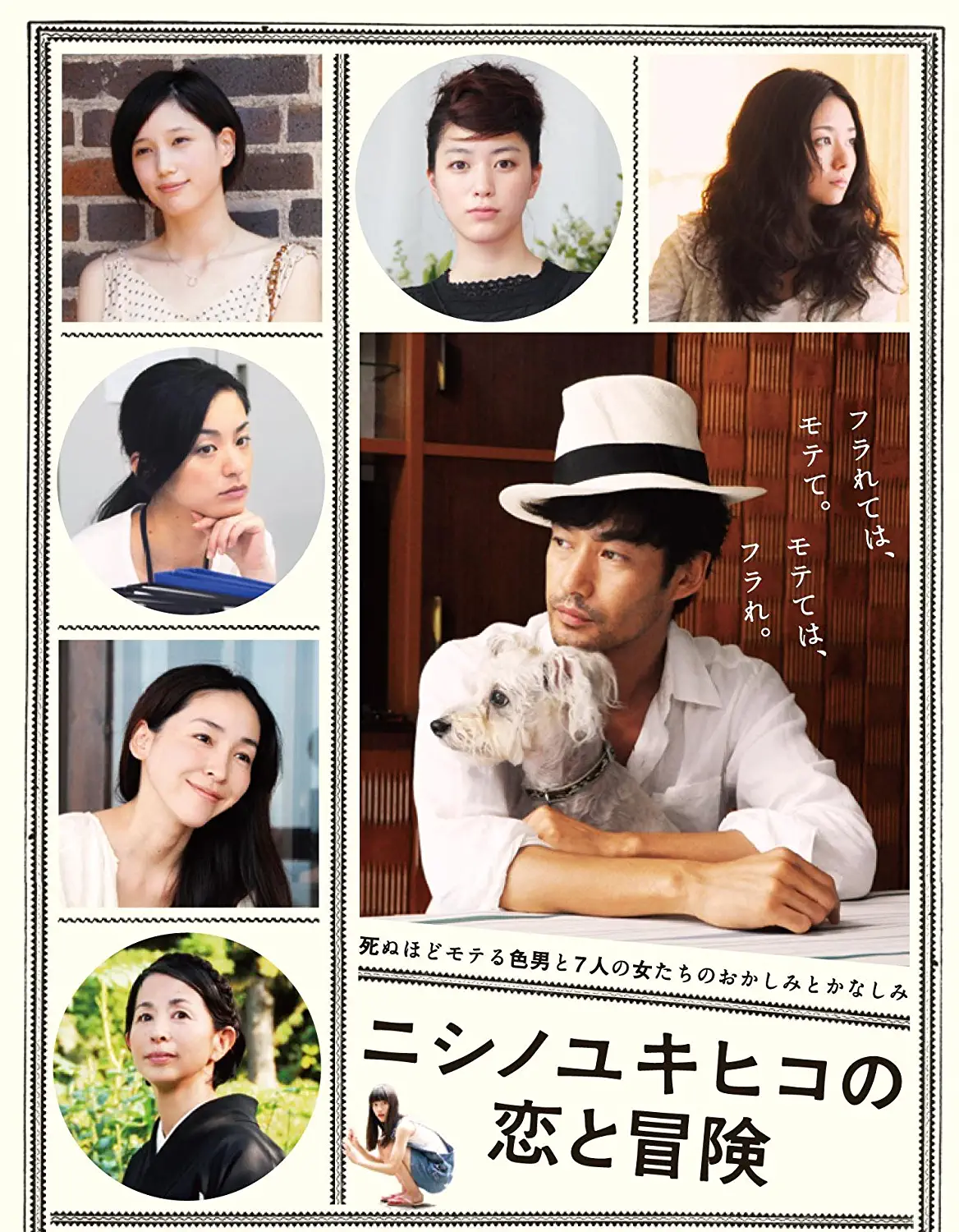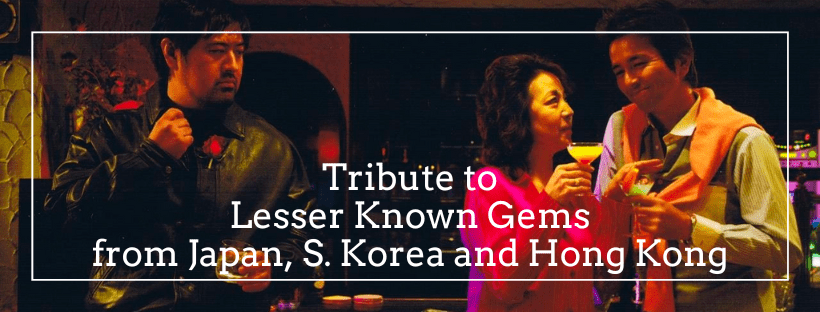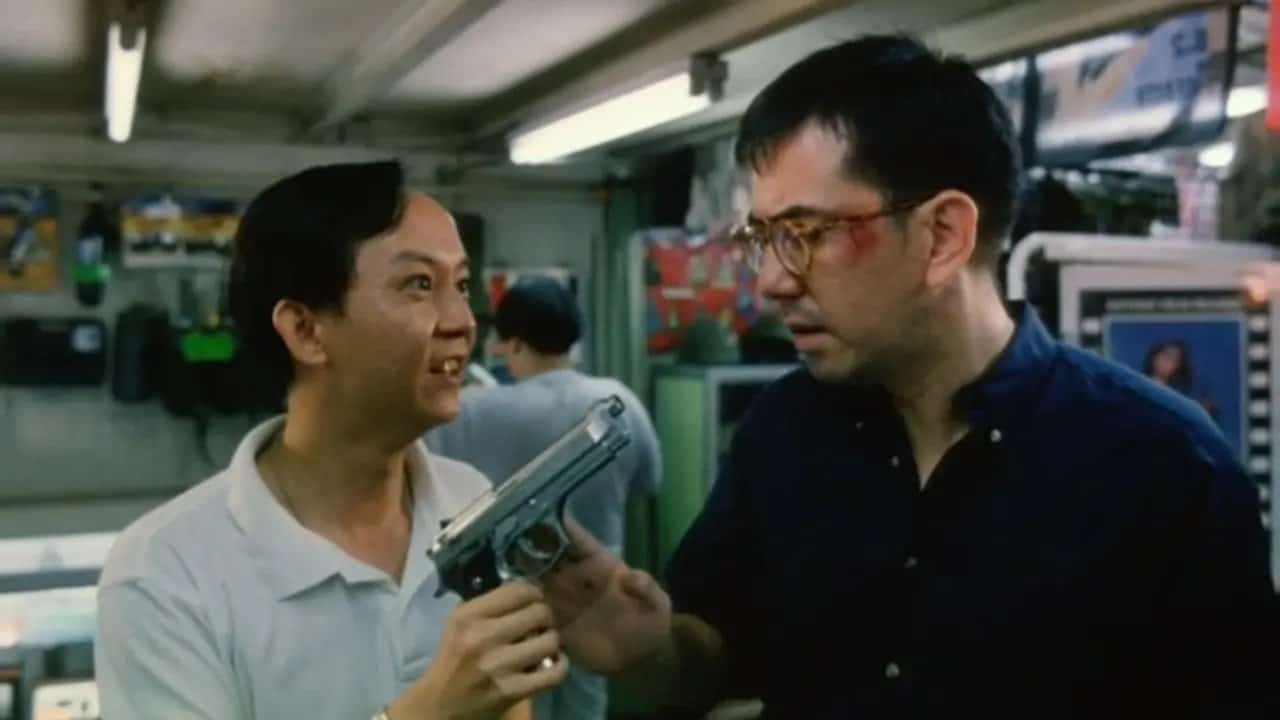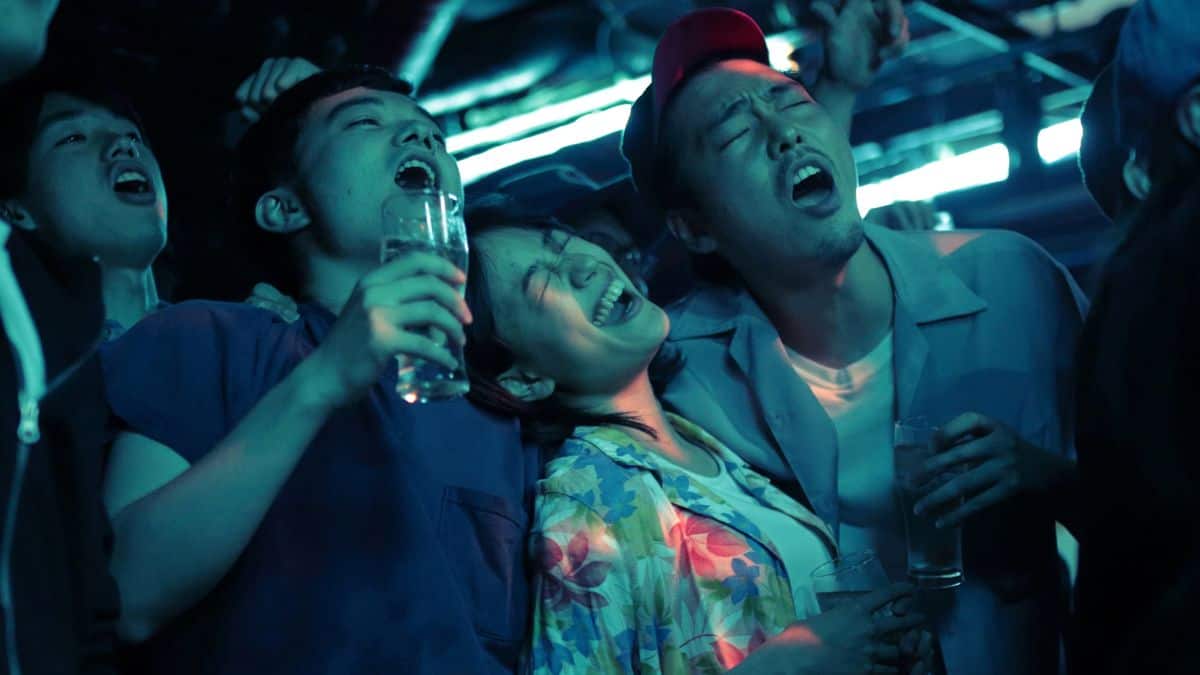Quite a different romantic movie than the usual style of the category, “The Tale of Nishino” essentially begins with the death of the protagonist, after hanging out with ex-girlfriend Natsumi and her daughter Minami, and then makes a flash forward ten years later when Nishino returns as a ghost to Minami, with the two attending his funeral. There the girl talks to a friend of his, who shares a rather extensive story about his past, and particularly his relationship with a number of women, all of which, though, ended up dumping him.
The unusual story is based on the homonymous novel by Hiromi Kawakami, and for the most part, focuses on the everyday life of Nishino, the fact that many women found themselves attracted to him, and his effort to not say no to anyone, which actually is the main reason that all ended up leaving him. Apart from Natsumi, there is Manami, his superior in the company he works for, who manages to overcome the fact that he was also dating a younger woman, Kanoko, when they started meeting, and there is also a lesbian couple living next door to his apartment, neurotic Tama and cool Subaru, with the former ending up coming closer to him. The presentation of his past is essentially part of the search of ghost-Nishino regarding the reasons all women in his life dumped him, as much as the reasons for his constant effort to please every one of them.
The comments deriving from the aforementioned are quite interesting, essentially highlighting that it is this need of his to satisfy every woman in his life short-term, but not being able to commit fully to anyone (essentially meaning ditching all the rest) in the long-term, that has led them to abandon him. The way he essentially runs out of his way to satisfy their every need, becomes quite annoying to watch after a point, with Manami's disappointed reactions, being among the most impactful moments of the movie, with the excellent Machiko Ono highlighting both her sadness and her will to stay with a man she loves, despite his behavior. At the same time, and in equally annoying fashion, none of them ever states clearly what they want from him, which is, in essence, exclusivity in his care, with their silence and his inability to understand on his own also being the element that carries the narrative for the majority of the movie's duration.
Also of note here is the fact that all the protagonists are quite good looking, starting with Yutaka Takenouchi as Nishino, and continuing with Riko Narumi as Subaru, Fumino Kimura as Tama, Tsubasa Honda as Kanoko and Kumiko Aso as Natsumi. This aspect, along with the polished cinematography, results in a film that is quite pleasant to the eye, also due to DP Akihito Suzuki's work, who captures all of them in all their glory, while not omitting to present some scenes of intense beauty, such as the one in the forest.
Apart from these traits, however, there are a number of issues with the movie. The whole ghost return after ten years of Nishino's death does not make much sense, while the editing results in a movie that is too long, not to mention featuring some problems with its pace and order of events, to the point that it becomes obvious if the timeline was straight, without all the back and forths, the result would be much better. At the same time, the almost complete lack of tension results in a film that is rather vanilla in its presentation, with Takenouchi's lackluster acting, which can also be attributed to the writing of the character, being the apogee of this aspect.
As such, and despite some very appealing elements overall, particularly in the visuals of the movie and the cast, “The Tale of Nishino” emerges as a mediocre movie that definitely overextends its welcome.


